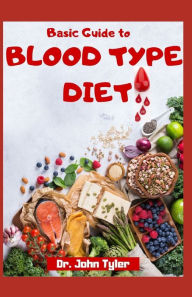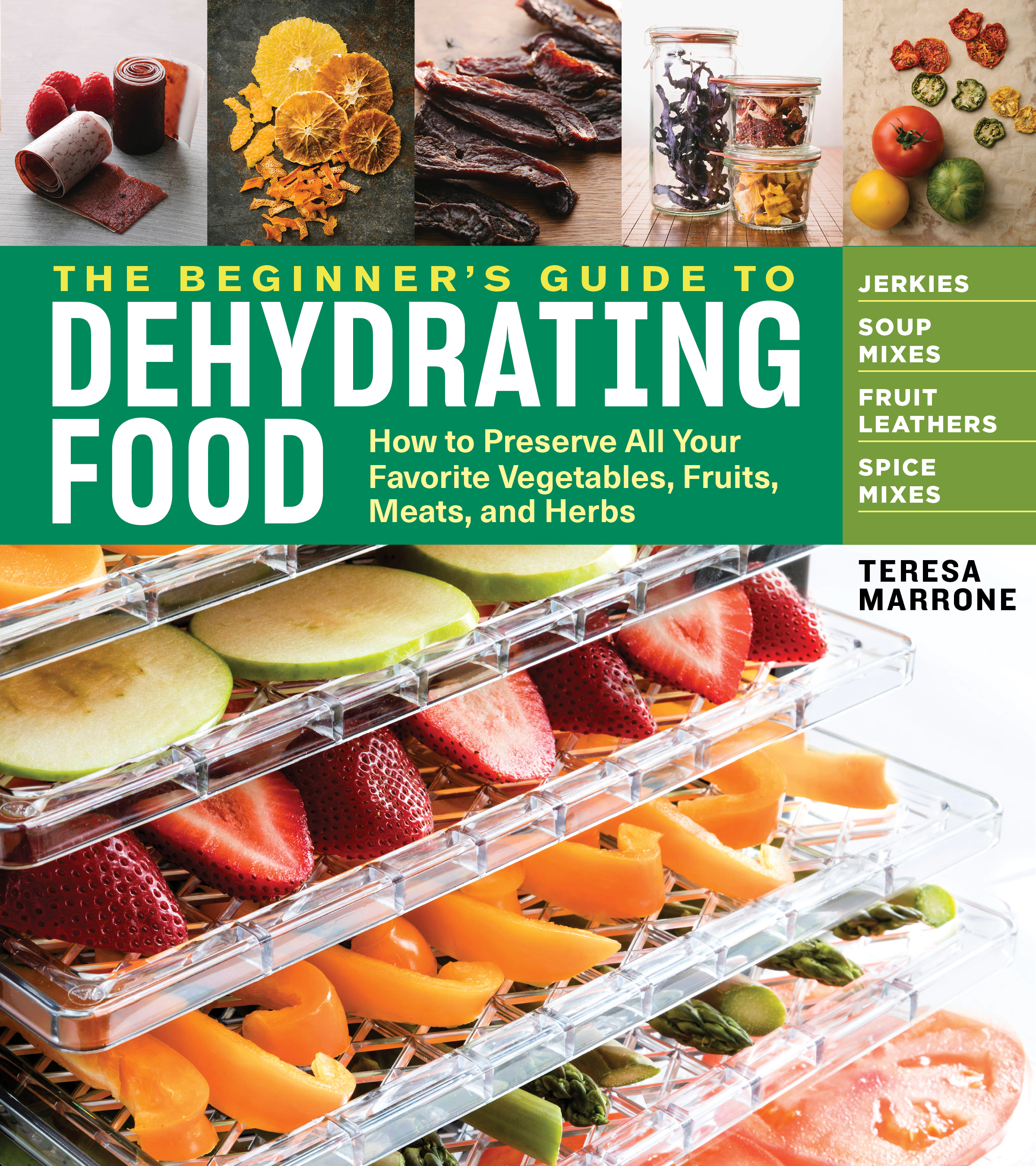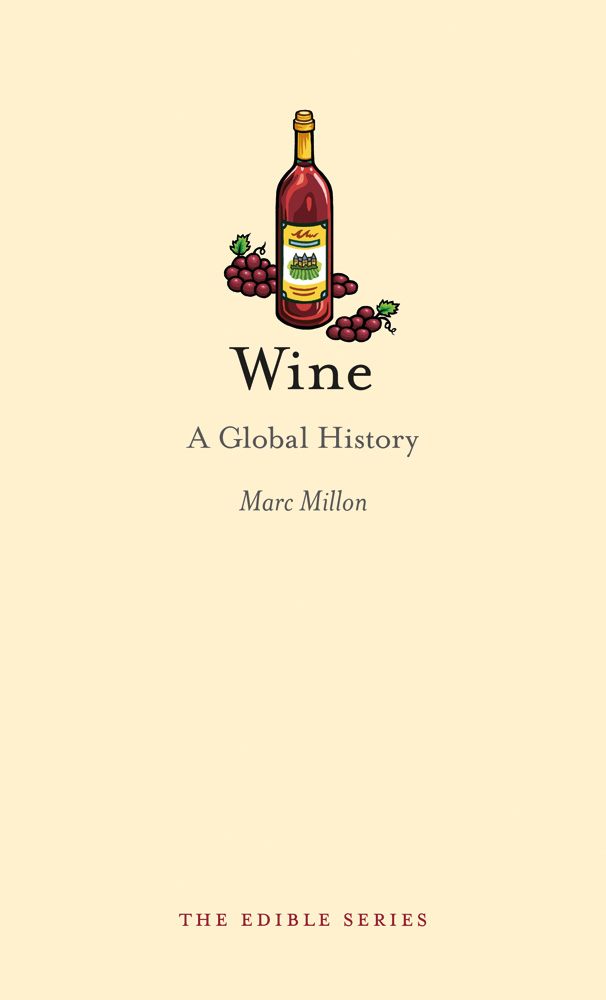Basic Guide to Blood Type Diet: Complete Blood Type Dictionary with Healthy Recipes Dr.
by John Tyler
2020-05-29 04:33:41
Basic Guide to Blood Type Diet: Complete Blood Type Dictionary with Healthy Recipes Dr.
by John Tyler
2020-05-29 04:33:41
While everyone's blood is made up of the same basic parts, there's actually a lot of variety in the kinds of blood that exist. There are eight different blood types, and the type you have is determined by genes you inherit from your parents.The human...
Read more
While everyone's blood is made up of the same basic parts, there's actually a lot of variety in the kinds of blood that exist. There are eight different blood types, and the type you have is determined by genes you inherit from your parents.The human body contains around 8 to 10 pints of blood depending on the size of the individual. However, the composition of the blood is not the same in each person. This is what makes the person's blood type.An individual's blood type depends on which genes were passed on by their mother or father. The best-known way of grouping of blood types is the ABO system, although there are other groups.Within the ABO group, four major categories are divided into eight common blood types: A, B, O, and AB. Over 9.5 million people in the United States (U.S.) are blood donors, and around 5 million patients receive blood each year, according to the Centers for Disease Control and Prevention (CDC). It is crucial to give a patient the right blood type in a transfusion. The wrong type can trigger an adverse and potentially fatal reaction.Blood type diets are individual eating plans, differing according to a person's blood type. Some of these plans also include specific types of exercise for each blood group. The premise behind blood type diets is that a person's blood group influences how well he or she digests and metabolizes certain foods, which, in turn, influences health and well-being. Working from this premise, blood type diets prescribe certain foods as optimal for each blood type and advise that others be avoided. There are also a substantial number of foods that are considered neutral permissible for all blood types. So why are blood type diets so popular nearly two decades after first being introduced to the public? One reason that blood type diets have caught on is that they appeal to a person's sense of individuality. After all, they aren't quite like anyone else, so why follow generic dietary advice get this much of these nutrients every day from these healthy food choices that assumes everyone needs the same basic things. Blood type diets are all about customization, giving recommendations according to a variety of very individual factors, such as blood type, gender, ethnicity, and many others.There is some disagreement as to why these plans seem to work for many people, with proponents of the blood type theory claiming those results as evidence that it is correct, and skeptics attributing them to the fact that following these diets eliminates most processed and otherwise unhealthy foods. Which side of that controversy is correct remains to be seen, since very little medical research on the theory has been done and results from the few studies that have been pursued aren't conclusive. So while the jury is still out on popular blood type diets in terms of scientific evidence, they do seem to have had benefits for some people who have used them over the years. Of course, if you're considering trying this approach, seeing your doctor before making any major changes to your diet is always wise.
Less






























